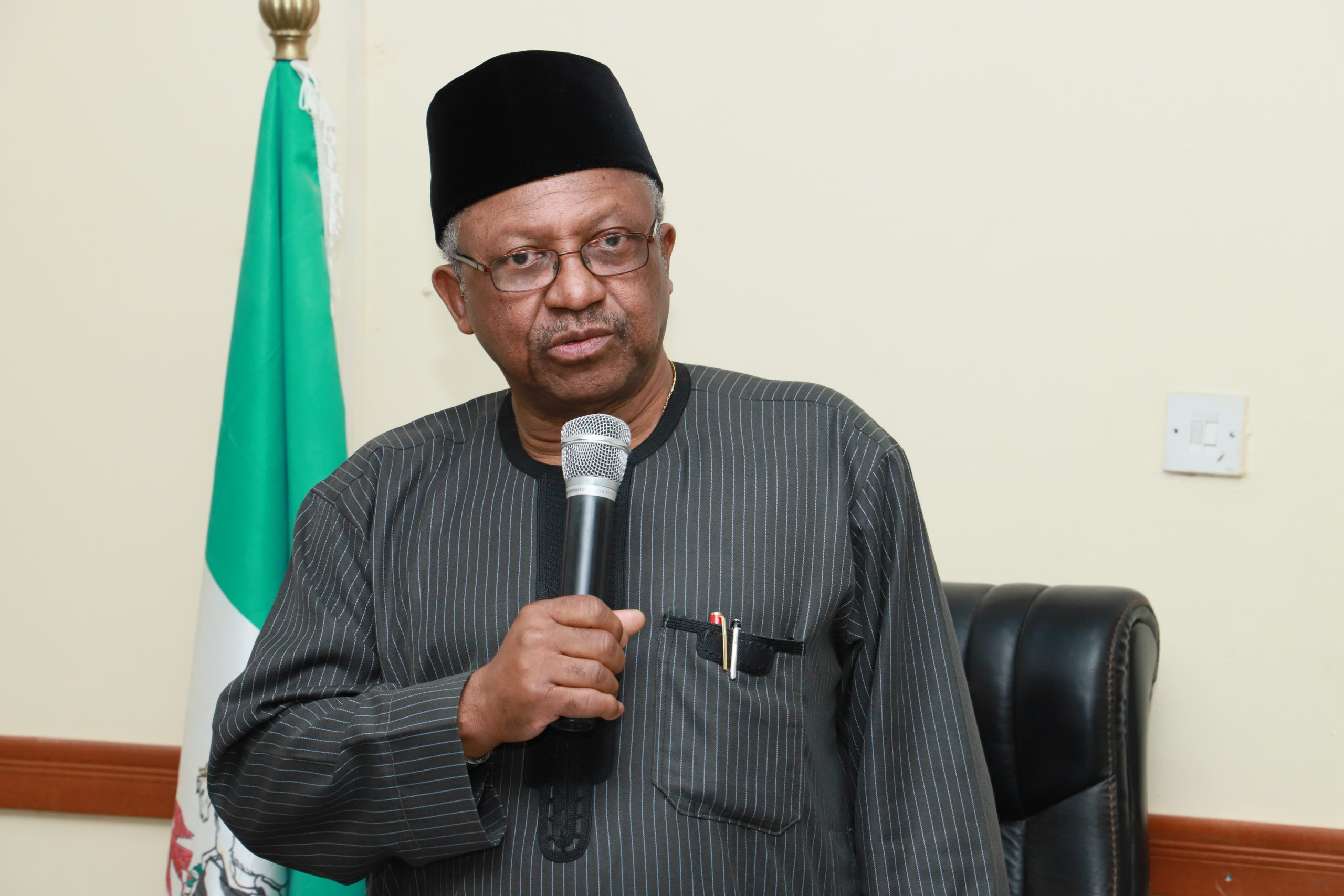The federal government of Nigeria has announced that it will require nothing less than ₦1.89 trillion to successfully implement the new five-year strategic plan aimed at eradicating malaria in the country.
According to the government, about ₦352 billion out of the amount is required for the year 2021 programme implementation.
Speaking in his address to mark this year’s World Malaria Day, the Minister of Health, Dr Osagie Ehanire, revealed that the goal set out in the National Malaria Strategic Plan of 2021 to 2025 is to achieve less than 10 per cent parasite prevalence and reduction in mortality attributable to malaria to less than 50 deaths per 1,000 live births by 2025.
According to him; ‘The implementation of the New Strategic Plan will cost ₦1.89 trillion. About 63.1% of the total amount will be used to support Chemoprevention, diagnosis and treatment, while 35.9% will be used for vector management. About ₦352 billion is required for the year 2021 programme implementation.’
Read Also: Malaria Kills More Nigerians Than COVID-19, Sufferers Shun Hospitals
Ehanire however noted that considering the prevailing economic circumstance, and the cash crunch facing Government, it may not have the required amount, therefore it has become imperative that the private sector support will be needed in order to improve programme performance and coordination.
He solicited support from the private sector, corporate organisations and patriotic individuals.
According to Ehanire, the role of the private sector in the fight against malaria is being given priority through the establishment of a Public-Private and Philanthropic Partnership (PPPP) subcommittee and private sector desk.
He said: ‘We are also strengthening Domestic Resource Mobilisation (DRM) to ensure funds availability for malaria elimination. One key strategy we are working towards is the establishment of an End Malaria Council to drive this domestic resource mobilization.’
The minister said the forecast and quantification of malaria health products for 2021- 2025 for the 36 states and FCT have been reviewed based on available service data to ensure their availability in the next five years.
On the result of various interventions embarked upon by the government, Ehanire said the use of insecticide-treated nets among under-five children has increased from 43.4% (2015) to 52% (2018), while pregnant women increased use from 49% (2015) to 58% (2018).
He further stated that fever testing of under-five children increased from 5% in 2010 to 11% in 2013, 13% in 2015 and 14% in 2018.
AFRICA TODAY NEWS, NEW YORK
